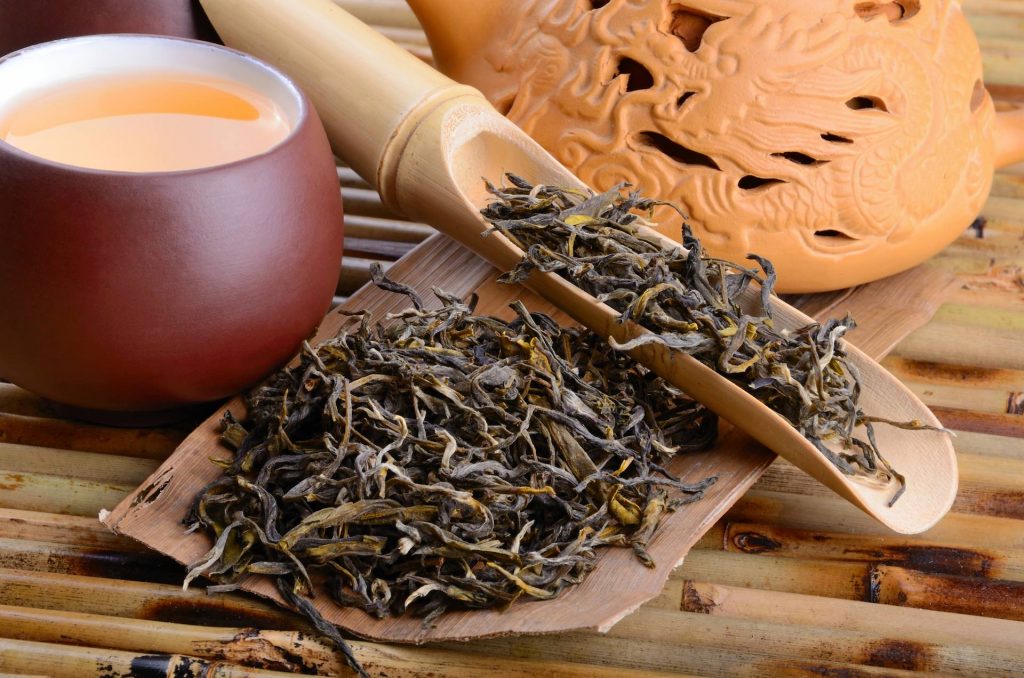
Have you heard of Oolong Tea? Maybe it’s time to pay attention to it. We live in the era of thousands of tips to lose weight: shakes, smoothies, teas, drinks and hundreds of diets promise to make us lose those extra kilos and gain a flat stomach but they have no other support than anecdotal experiences (which is not enough to call an effective method) and few methods really have the scientific support that it will be effective for what we are looking for.
Oolong Tea
A recent study published in the journal Nutients, conducted by the National Institute of Comprehensive Sleep Medicine at the University of Tsukuba (in conjunction with collaborators from other institutions), found that the consumption of Oolong Tea and Caffeine can increase the oxidation of fat, without affecting the “sleep architecture”. The study shows that these two drinks are effective in processing fat better during sleep, without affecting sleep processes. The oxidation of fat is essential to prevent it from accumulating and gaining weight.
It might sound strange that caffeine is singled out as a drink that does not interfere with sleep, but the study findings found that effects such as increased heart rate or sleep interference subside after 1 to 4 days as it is generated a caffeine tolerance. The study was conducted on different subjects finding that after two weeks of consuming caffeine or oolong tea had positive results. It should be noted that the study focused on the consumption of the two drinks between breakfast and lunch, not before bed. Due to the caffeine levels it might be best to avoid it in order to get a good night’s sleep.
Of course, here the question for many is what is oolong tea? This drink, also known as blue tea, is a Chinese tea to which several benefits are attributed due to its antioxidants. Oolong tea is created with an oxidation process that gives it its particular color and which may be responsible for the effects that specialists discovered. It also contains caffeine, which benefits the metabolism.
Kumpei Tokuyama, lead author of the study notes: “Like all teas, oolong has caffeine which impacts energy metabolism by increasing heart rate. However, studies suggest that tea consumption may also increase fat processing, independent of the effects of caffeine. Therefore, we wanted to examine the effects of oolong consumption versus caffeine on energy and fat metabolism within a group of volunteers.” The study showed that the consumption of the two substances increased the processing of fat20% higher than those who took a placebo, without any change in the sleep patterns of the participants.
However, this does not mean that if we drink oolong tea every night we will magically lose weight, but that it can help us stay in shape by linking to a healthy diet focused on low fat consumption. Tea can help control body weight, but losing weight requires a change in certain habits.
The study also serves to confirm the benefits of coffee on fat metabolism and processing, benefits that have long been attributed to it and have been suggested by other studies. The work was carried out under the strictest standards to avoid doubtful results.
Do you want to find natural ways of losing weight? Contact Andrea Pryor. Combining a wide range of evidence based natural and non-invasive treatments to ensure a long lasting effective response, , Andrea Pryor delivers comprehensive healthcare in a warm and friendly environment and can treat a wide range of conditions such as irritable bowel disease, allergies, leaky gut, digestive problems, skin problems, insomnia, anxiety, weight loss and more.


